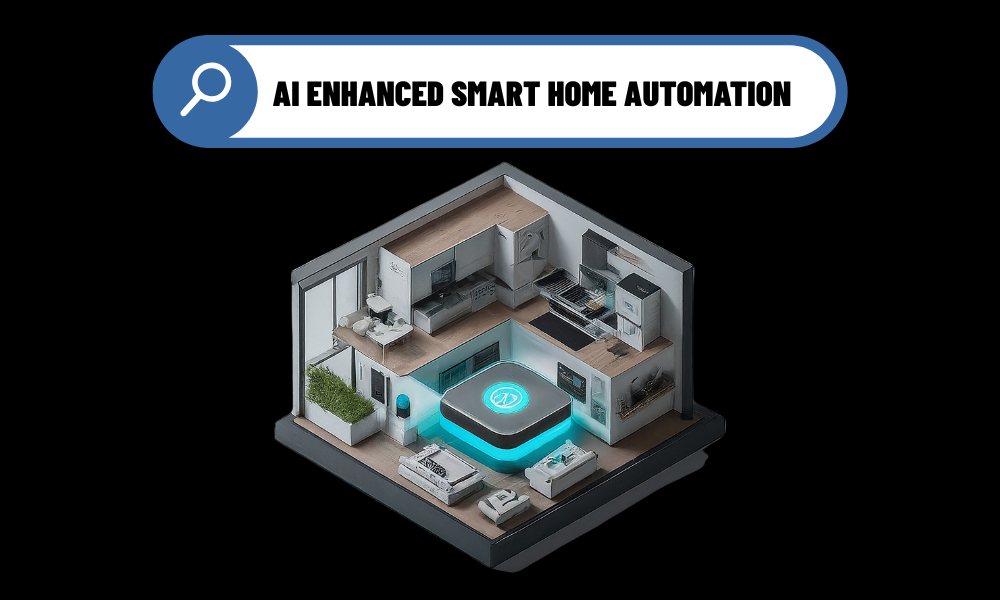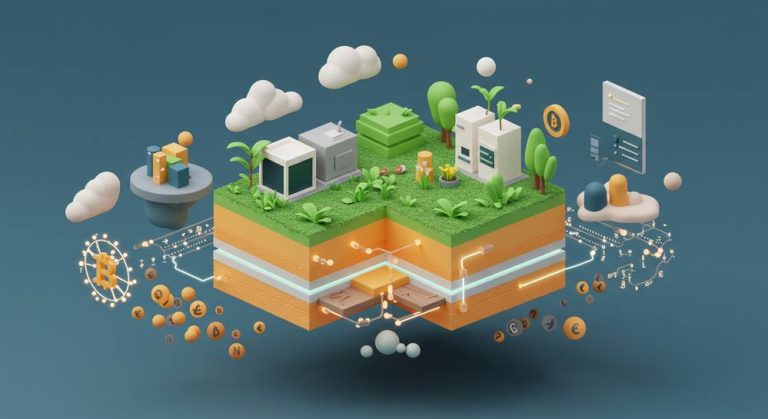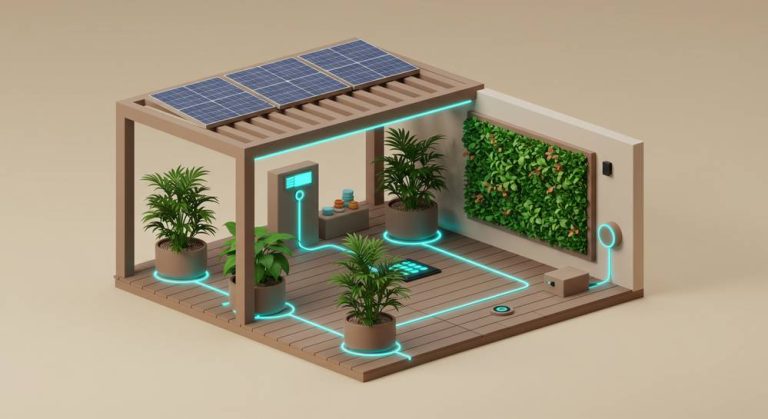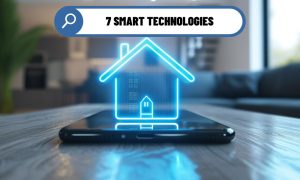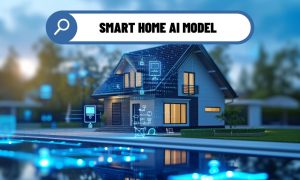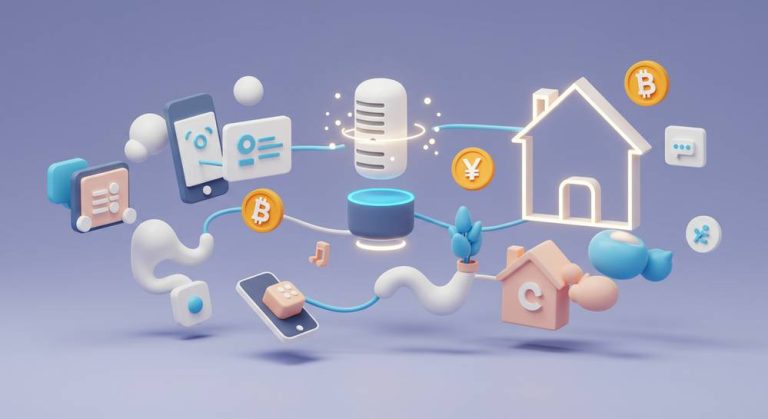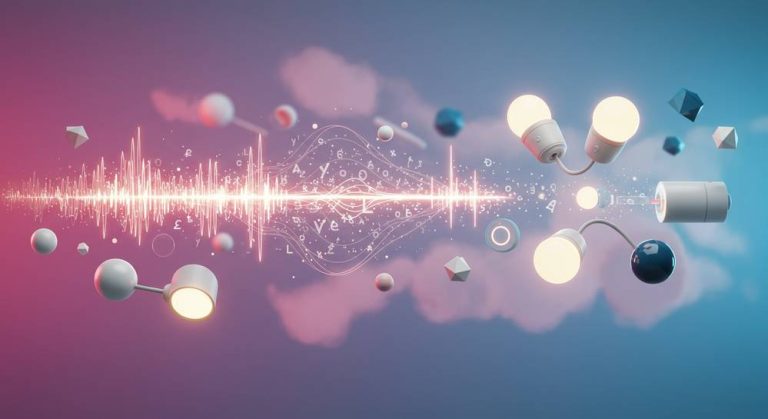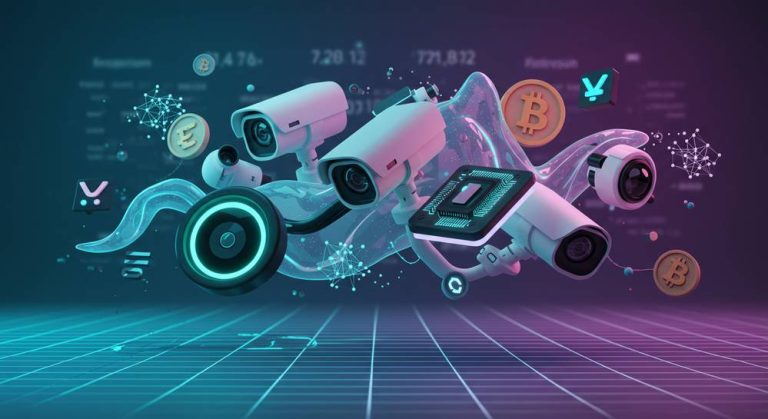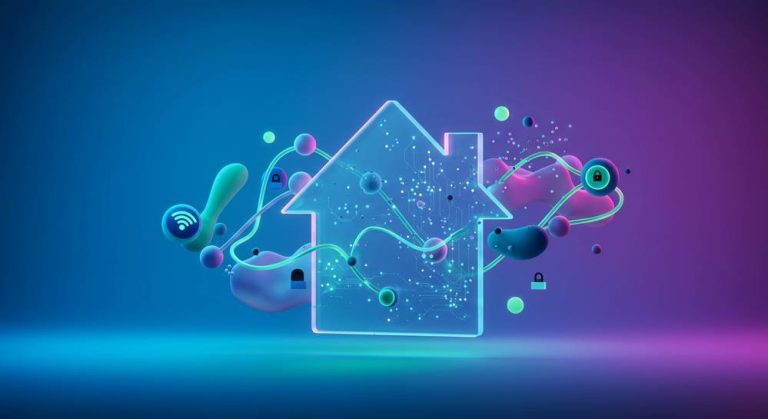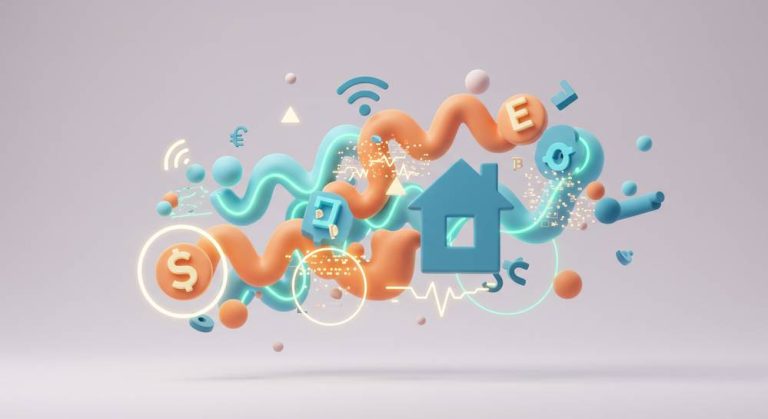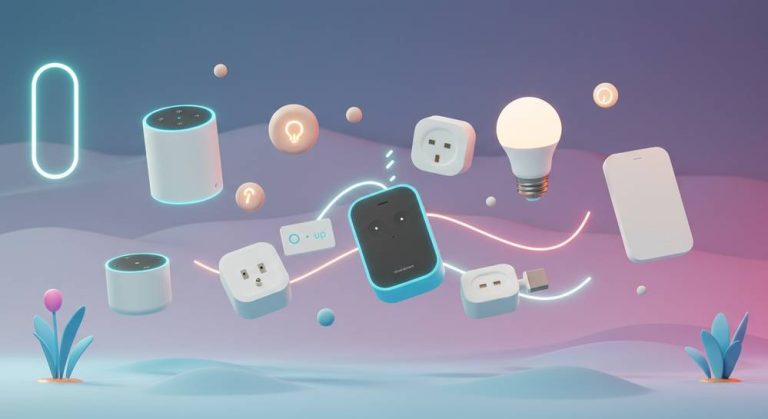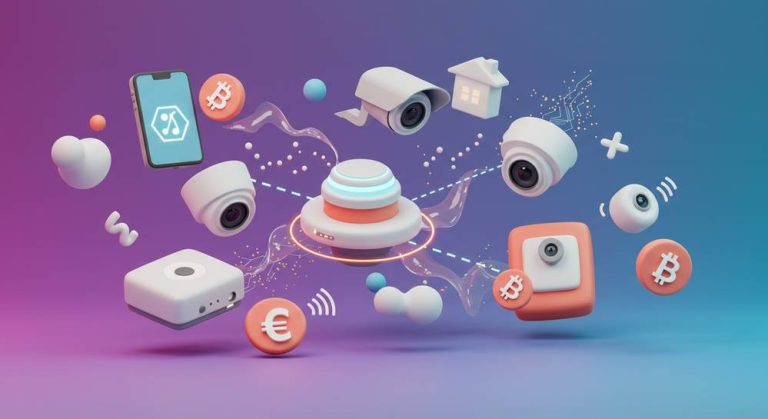In a world rapidly moving toward decentralization, the physical spaces we inhabit are quietly undergoing their own revolution. AI-enhanced smart home automation is emerging as more than a luxury—it’s a foundational shift in how intelligence, privacy, and autonomy converge under one roof. It reflects the same values that drive Web3: self-custody, personalization, and system-wide trust without intermediaries.
But what does it really mean for a home to be intelligent? And how does this intelligence intersect with decentralized ideals?
From Passive Systems to Cognitive Spaces
Conventional automation allowed for convenience: schedule your lights, remotely control the thermostat, get a ping when the doorbell rings. But AI pushes the smart home into new territory—into systems that observe, learn, and adapt.
Rather than being told what to do, AI-enhanced systems interpret patterns, make inferences, and make decisions. They know when you’re likely to wake up, when the living room should start warming, or when to draw the blinds based on ambient light. This isn’t just automation—it’s contextual reasoning. Much like a smart contract executes code when certain on-chain conditions are met, your AI-driven home reacts when real-world parameters align.
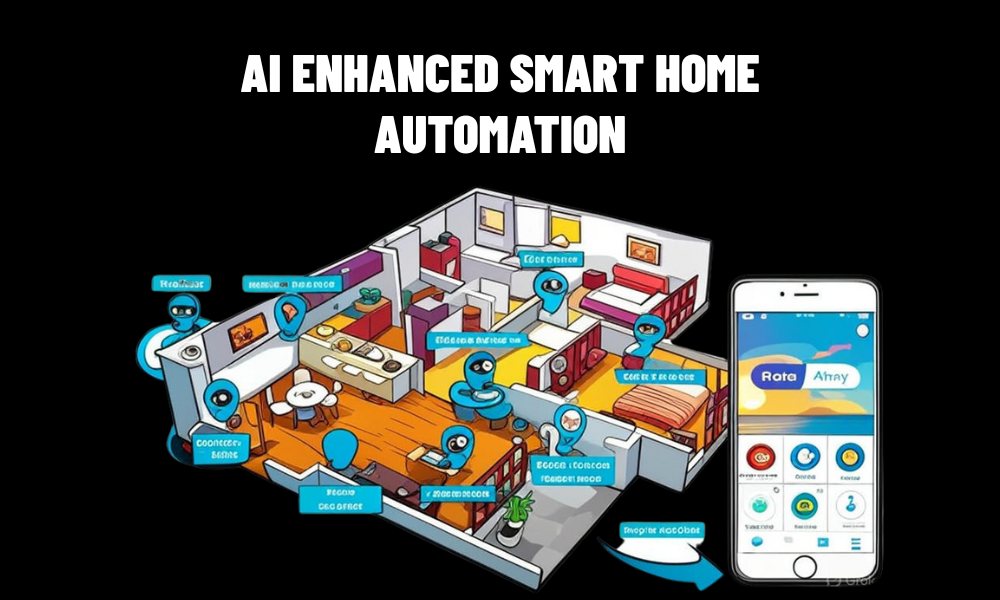
Intelligence with Boundaries: The Role of Data Ownership
Smart homes accumulate a vast amount of personal data: from behavioral routines to biometric identifiers. With traditional systems, this data is typically routed through centralized servers, raising real concerns around surveillance, data misuse, and long-term privacy erosion.
Here, blockchain offers a meaningful solution. Imagine AI-powered systems whose data inputs are encrypted, stored locally or across decentralized networks, and accessible only by the user. This gives homeowners not only smarter living environments—but sovereignty over their own digital footprint.
The shift toward AI-enhanced smart home automation isn’t just about machines making better decisions. It’s about ensuring those decisions are made securely, transparently, and under the user’s control.
Decentralized Trust Meets Autonomous Security
Home security has evolved far beyond motion sensors and fixed surveillance. Modern AI vision systems recognize faces, detect unusual activity, and even predict risks before they escalate. When paired with decentralized identity protocols, these systems no longer rely on centralized authentication servers or single points of failure.
For instance, a blockchain-based access control layer could verify a family member’s identity, while AI evaluates behavioral cues to confirm intent. If anything seems off—a key used at the wrong hour, unfamiliar movement patterns—the system can take adaptive action in real-time, without waiting on human input or third-party validation.
This blend of AI intelligence and decentralized verification isn’t just innovative—it’s resilient.
Autonomous Energy Use for a Decentralized Grid
Smart energy systems are another pillar of this transformation. AI-driven algorithms now manage appliance use, optimize battery storage, and shift energy loads dynamically based on user behavior and utility pricing.
But when these systems integrate with blockchain-based microgrids, a new economic layer emerges. Homeowners can automatically trade surplus energy, stake power tokens, or sell usage data anonymously. AI acts as the negotiator, blockchain as the ledger—and the home becomes an active player in a peer-to-peer energy economy.
This is AI-enhanced smart home automation with embedded market logic: fully autonomous, data-efficient, and economically empowered.
From Assistants to Autonomous Agents
Voice assistants have become common in many households. But the next generation, powered by large language models and ambient AI, can go beyond voice recognition. They understand nuance, remember preferences, and hold dynamic conversations. Integrated with smart devices, these agents orchestrate daily life—from managing your calendar to handling token-based payments or verifying access through biometric voice ID.
In a decentralized future, your AI assistant may not just operate your smart home. It could become your on-chain representative, interacting with DAOs, executing smart contract tasks, or managing digital assets while preserving privacy and control.
The Future of Living Is Autonomous, Encrypted, and Yours
As AI matures and decentralization moves from ideal to infrastructure, the home is no longer a passive container—it becomes an active, adaptive ecosystem. AI-enhanced smart home automation isn’t a passing trend; it’s the logical extension of how intelligence, sovereignty, and connectivity intersect.
For Web3 builders, crypto investors, and privacy-first consumers, the smart home is more than a convenience—it’s a proving ground for how the physical world can align with the decentralized web. It’s not about making homes smarter; it’s about making them freer.
